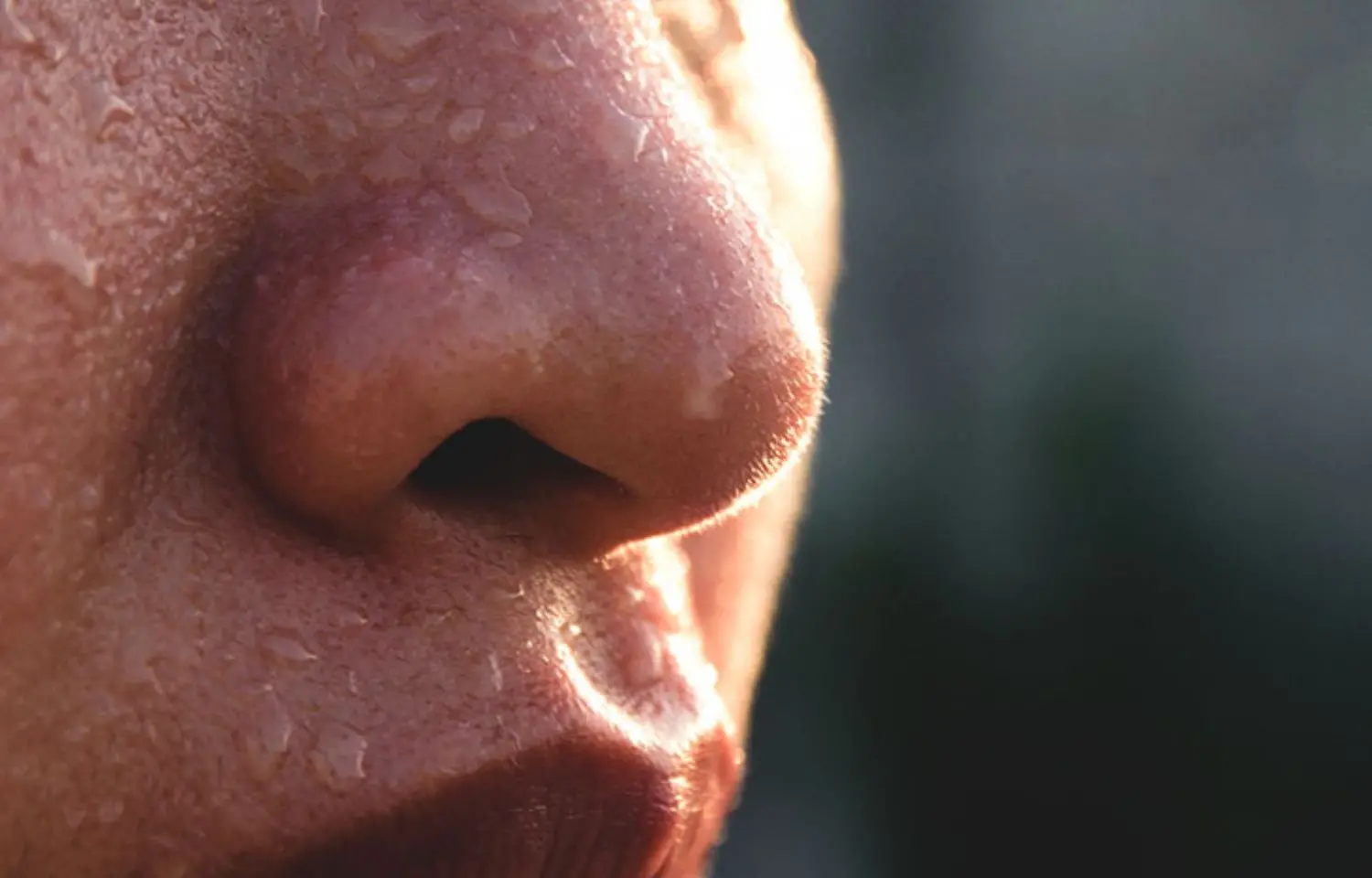- Home
- Medical news & Guidelines
- Anesthesiology
- Cardiology and CTVS
- Critical Care
- Dentistry
- Dermatology
- Diabetes and Endocrinology
- ENT
- Gastroenterology
- Medicine
- Nephrology
- Neurology
- Obstretics-Gynaecology
- Oncology
- Ophthalmology
- Orthopaedics
- Pediatrics-Neonatology
- Psychiatry
- Pulmonology
- Radiology
- Surgery
- Urology
- Laboratory Medicine
- Diet
- Nursing
- Paramedical
- Physiotherapy
- Health news
- Fact Check
- Bone Health Fact Check
- Brain Health Fact Check
- Cancer Related Fact Check
- Child Care Fact Check
- Dental and oral health fact check
- Diabetes and metabolic health fact check
- Diet and Nutrition Fact Check
- Eye and ENT Care Fact Check
- Fitness fact check
- Gut health fact check
- Heart health fact check
- Kidney health fact check
- Medical education fact check
- Men's health fact check
- Respiratory fact check
- Skin and hair care fact check
- Vaccine and Immunization fact check
- Women's health fact check
- AYUSH
- State News
- Andaman and Nicobar Islands
- Andhra Pradesh
- Arunachal Pradesh
- Assam
- Bihar
- Chandigarh
- Chattisgarh
- Dadra and Nagar Haveli
- Daman and Diu
- Delhi
- Goa
- Gujarat
- Haryana
- Himachal Pradesh
- Jammu & Kashmir
- Jharkhand
- Karnataka
- Kerala
- Ladakh
- Lakshadweep
- Madhya Pradesh
- Maharashtra
- Manipur
- Meghalaya
- Mizoram
- Nagaland
- Odisha
- Puducherry
- Punjab
- Rajasthan
- Sikkim
- Tamil Nadu
- Telangana
- Tripura
- Uttar Pradesh
- Uttrakhand
- West Bengal
- Medical Education
- Industry
Topical glycopyrrolate provides comparable outcomes as Botox for facial hyperhidrosis: Study

Egypt: Topical glycopyrrolate 2% was shown to be equally effective to Botulinum toxin A for the treatment of facial hyperhidrosis (HH) with faster onset but shorter duration of action, according to a study. The study was published in Dermatologic Surgery on June 17, 2022.
Facial hyperhidrosis is a common problem that has both cosmetic and psychological impacts and interferes with quality of life. There is an availability of a wide range of treatment options for HH, however, finding the most effective and yet safe, tolerable option is the main target. Considering this, Shrook Khashaba, Zagazig University, Zagazig, Egypt, and colleagues set out to investigate and compare the clinical efficacy, safety, and tolerability of topical 2% glycopyrrolate versus intradermal Botulinum toxin A injection in the treatment of facial HH in an open-label clinical trial.
For this purpose, the researchers included 24 patients with primary facial HH. The patients were randomly divided into two groups: Group A included patients treated with intradermal Botulinum toxin A injection and Group B included patients treated with topical glycopyrrolate gel 2%.
Before and after the treatment, a starch iodine test was performed to assess the response, along with the Dermatology Life Quality Index (DLQI), Hyperhidrosis Disease Severity Scale, and patient satisfaction.
Key findings include:
- Both modalities showed complete response in 75% of cases with a longer duration of action in the botulinum toxin group up to 6 months.
- Side effects were minor and temporary.
- Both Hyperhidrosis Disease Severity Scale and DLQI showed statistically significant improvement after treatment.
"We found that topical glycopyrrolate 2% showed comparable results to Botulinum toxin A in facial HH treatment" the authors concluded.
"Glycopyrrolate has a faster onset of action but requires continuous treatment, while intradermal Botulinum has a slower onset of action and longer duration of action," they wrote.
Reference:
Nofal, Eman MD; Salem, Somaia MSc; Khashaba, Shrook A. MD* Intradermal Botulinum Toxin A Injection Versus Topical 2% Glycopyrrolate for the Treatment of Primary Facial Hyperhidrosis: A Pilot Study and Review of Literature, Dermatologic Surgery: June 17, 2022 - Volume - Issue - 10.1097/DSS.0000000000003490 doi: 10.1097/DSS.0000000000003490
Dr Kamal Kant Kohli-MBBS, DTCD- a chest specialist with more than 30 years of practice and a flair for writing clinical articles, Dr Kamal Kant Kohli joined Medical Dialogues as a Chief Editor of Medical News. Besides writing articles, as an editor, he proofreads and verifies all the medical content published on Medical Dialogues including those coming from journals, studies,medical conferences,guidelines etc. Email: drkohli@medicaldialogues.in. Contact no. 011-43720751


